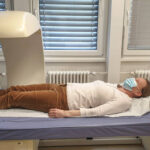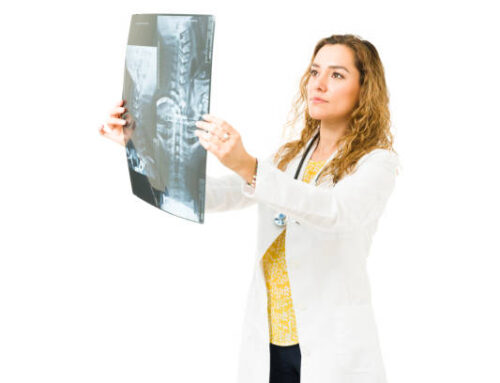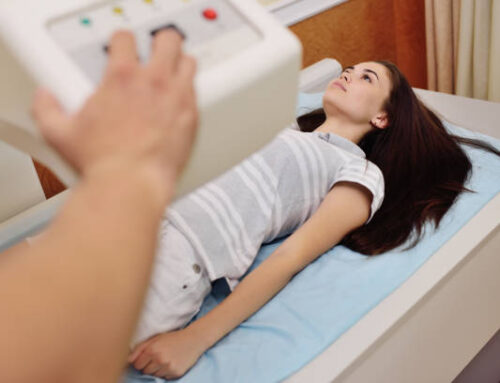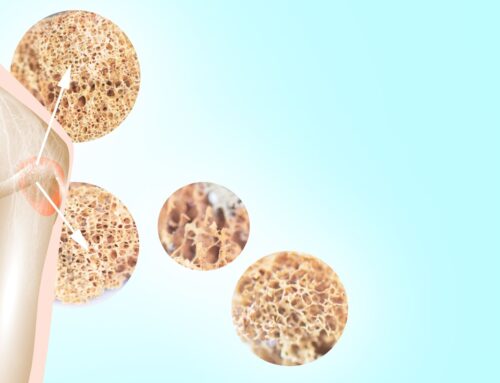Osteoporosis is a condition that affects millions of people worldwide, especially women over the age of 50. It is characterized by a loss of bone density, which makes bones weaker and more prone to fractures. While there are treatments available to slow down the progression of osteoporosis, many people wonder if it is possible to reverse bone density loss.
The short answer is that it is difficult to completely reverse bone density loss, but it is possible to improve bone health and reduce the risk of fractures. The key to improving bone health is through a combination of lifestyle changes and medical treatments.
One of the most important lifestyle changes for improving bone health is exercise.
Weight-bearing exercises such as walking, jogging, and weightlifting can help stimulate the growth of new bone tissue and improve overall bone density. Additionally, exercises that focus on balance and coordination can help reduce the risk of falls, which can lead to fractures in people with osteoporosis.

Another important lifestyle change for improving bone health is nutrition. A diet rich in calcium and vitamin D can help strengthen bones and reduce the risk of fractures. Calcium-rich foods include dairy products, leafy greens, and fortified foods such as orange juice and cereal. Vitamin D can be obtained through exposure to sunlight or through supplements.
Medical treatments for osteoporosis include medications that slow down or stop the loss of bone density.
These medications include bisphosphonates, hormone therapy, and denosumab. While these medications cannot completely reverse bone density loss, they can help improve overall bone health and reduce the risk of fractures.
In some cases, surgical procedures may be necessary to treat severe cases of osteoporosis or fractures caused by weakened bones. These procedures may include vertebroplasty or kyphoplasty for spinal fractures or joint replacement surgery for hip or knee fractures.
In conclusion, while it may be difficult to completely reverse bone density loss caused by osteoporosis, it is possible to improve bone health and reduce the risk of fractures through a combination of lifestyle changes and medical treatments. By exercising regularly, eating a healthy diet, and following medical advice, people with osteoporosis can improve their quality of life and reduce the risk of serious complications.






